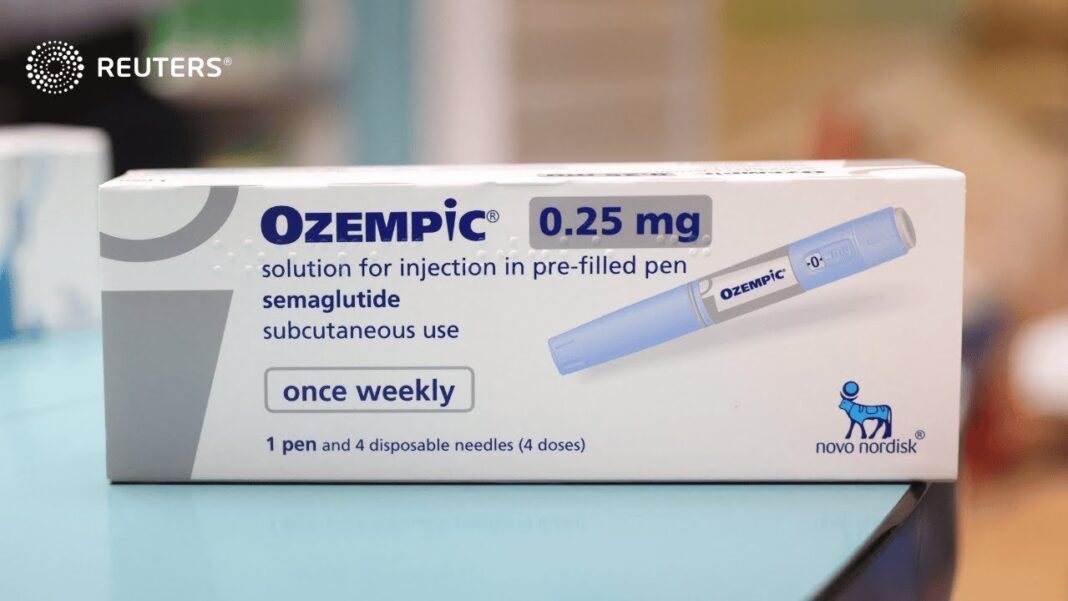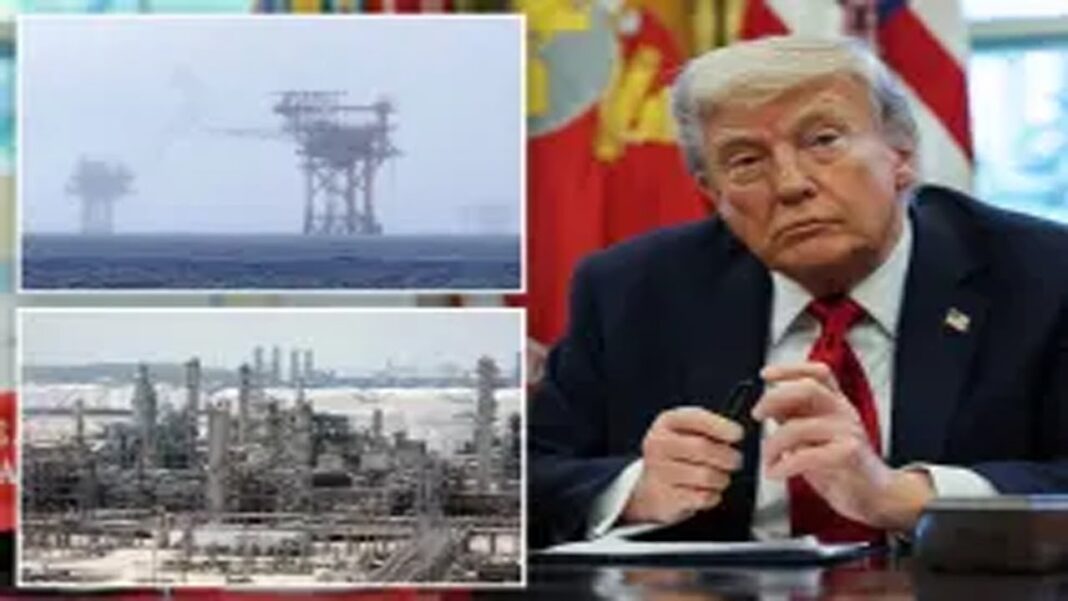Witkoff’s fourth meeting with Putin came as the Trump administration pushes to end the Ukraine war.
President Donald Trump’s special envoy Steve Witkoff met with Russian President Vladimir Putin in Moscow on April 25 for three hours of talks focused on Trump’s plan to end the Ukraine war, with the Kremlin describing the discussions as productive and helpful in bringing the two sides’ positions closer.
Russian state-media outlet Tass cited Kremlin foreign policy aide Yuri Ushakov as saying the Witkoff–Putin meeting was “constructive and quite useful.”
“This conversation allowed Russia and the United States to further bring their positions closer together, not only on Ukraine but also on a number of other international issues,” he told reporters.
Ushakov also confirmed that the discussion included the possibility of restarting direct negotiations between Russia and Ukraine, which have been frozen since the early weeks of the war that started in 2022.
Kirill Dmitriev, head of the Russian Direct Investment Fund and a special representative for economic cooperation, echoed Ushakov’s assessment, calling the meeting “productive” and saying that progress was being made.
This was Putin and Witkoff’s second meeting in as many weeks and their fourth since the beginning of the year. Their previous meeting, held on April 11 in St. Petersburg, lasted four hours. The Kremlin has characterized Witkoff’s visits as part of an ongoing shuttle diplomacy effort, with Russian spokesman Dmitry Peskov noting that face-to-face discussions allow for a more precise exchange of positions.
There was no immediate comment from Witkoff following Friday’s talks, which coincided with the death of a senior Russian military officer in a car bomb near Moscow.
Witkoff has become a central figure in the Trump administration’s push to broker a cease-fire in the Russia–Ukraine war, a conflict now in its fourth year and the deadliest in Europe since World War II.
His latest trip comes amid growing resistance from Ukrainian and European leaders to elements of the latest U.S. peace plan proposal, particularly provisions concerning NATO and the status of Russian-occupied territories.
While the White House has not formally released details, U.S. Vice President JD Vance has said the plan would effectively freeze the front lines, locking in current territorial gains while halting active combat.
By Tom Ozimek







